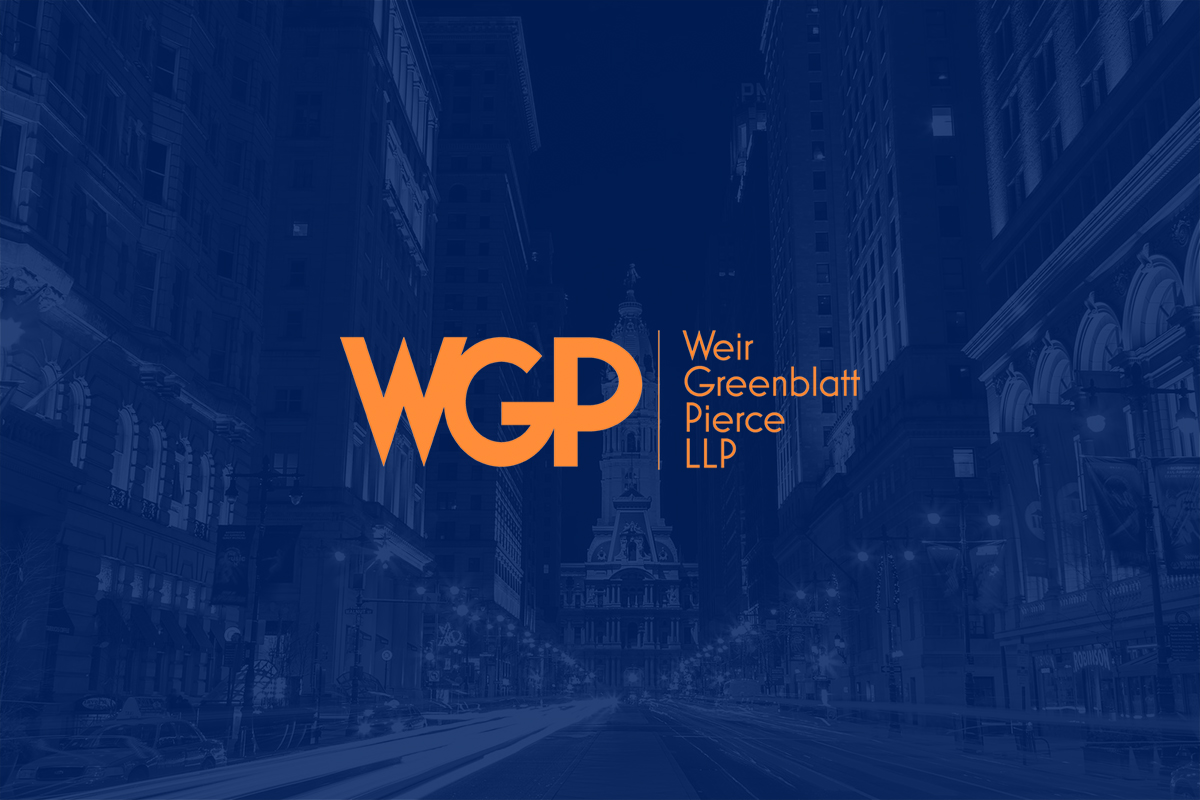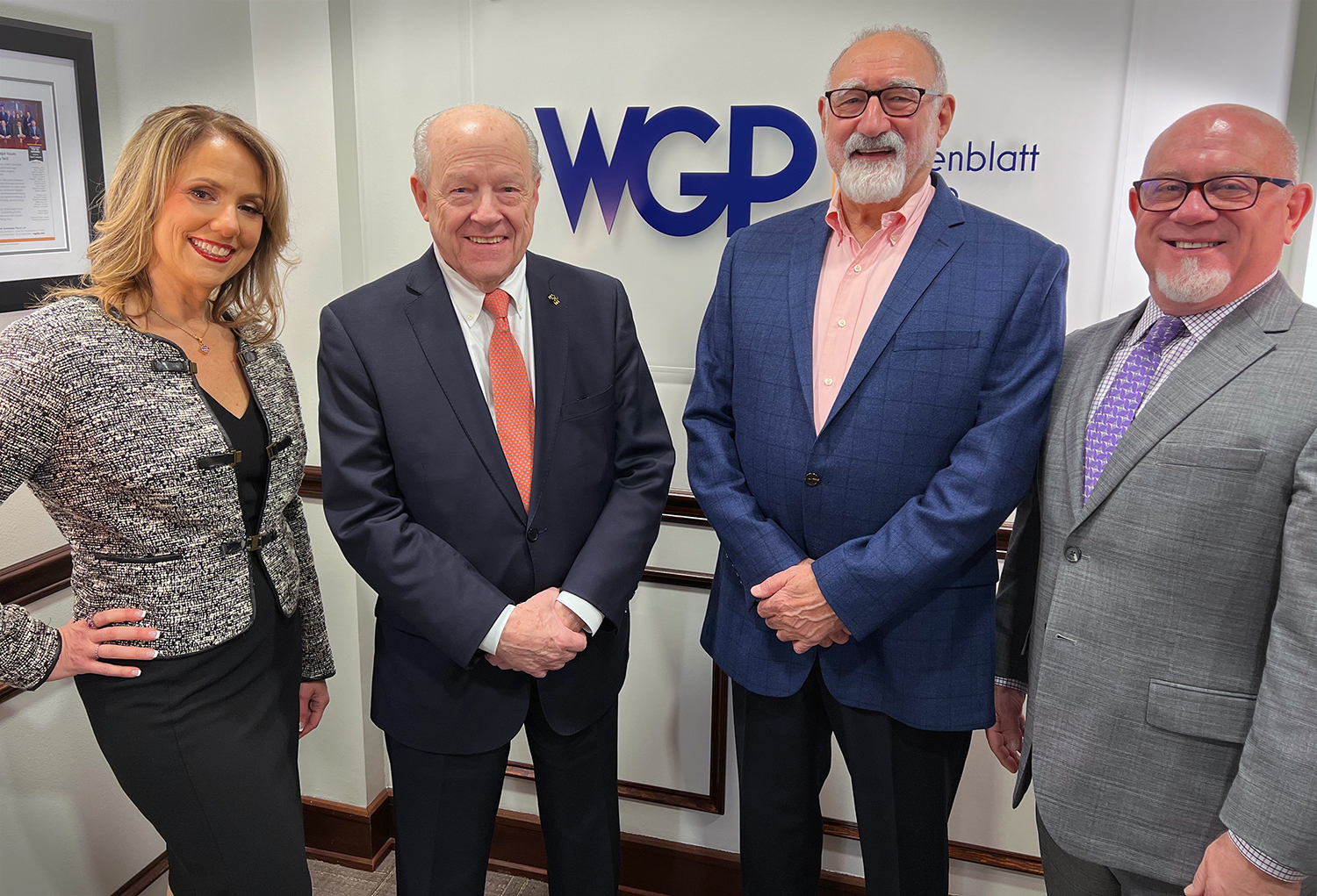By Peter F. Vaira, for the September 25, 2018 edition of The Legal Intelligencer newspaper
This column discusses the major differences in state and federal grand jury procedures. This is especially important as Pennsylvania state prosecutors have increased their use of the investigating grand jury over the past five years. In addition to the Pennsylvania Attorney General, all county district attorneys now have the power to empanel all investigating grand jury. The court proceedings arising from the recent Attorney General’s grand jury report on abuse of minors by priests in catholic dioceses, indicate the unsettled issues in Pennsylvania grand jury procedure. Pennsylvania grand jury procedure is unlike its federal counterpart, which contains a definite grand jury procedure and a body of case law which the judges, prosecutors and defense bar readily follow. The Pennsylvania Grand Jury statute was adopted in 1980 and can be found at 42 Pa. C.S.A 4549, et seq. The term prosecutor used in this article refers to the commonwealth attorney.
Swearing the Grand Jury Witness to Secrecy
Pennsylvania Criminal Procedure Rule 556.10 provides that a grand jury witness may disclose his or her testimony before the grand jury, unless the attorney for the commonwealth obtains an order from the supervising judge that directs otherwise.
The statute gives no other direction or standard for determining whether to prohibit a witness from disclosing his or her grand jury testimony to anyone outside of the grand jury. Katie Recker, an experienced defense attorney, said that when she requested a copy of the written nondisclosure order, the judge explained the order itself was subject to grand jury secrecy and would not disclose it. Recker said that such orders are often issued by supervising judges as a matter of course in all grand jury investigations without finding any probable cause to do so.
Federal: There has never been a prohibition on a grand jury witness disclosing his or her grand jury testimony, see Federal Rule of Criminal Procedure, 6 e (2) (A).
Attorney for the Witness Sworn to Secrecy
Until Aug. 21, all Pennsylvania attorneys for the grand jury witnesses were required to sign a standard form in which the attorney was required “… To keep secret all that transpires in the grand jury room, all matters occurring before the grand jury, and all matters and information concerning this Grand Jury, obtained in the course of the representation, except when authorized by law or permitted by the court …” 42 Pa. C.S,A. Section 4549 (b). On that date, the Supreme Court ordered that the attorney for the witness could, with the permission of the client, disclose the testimony of the client, if the client were permitted to do so.
The court went further and extended the veil of secrecy to matters beyond the client’s testimony. The court said, “We hold that Section 4549 (b) straightforwardly forbids attorneys—including private attorneys—from revealing matters occurring before an investigating grand jury, absent permission from the supervising judge.” The court then added the following quote from a federal procedural digest, “The general rule of secrecy does not make everything connected with the grand jury’s investigation somehow untouchable,” citing Van Ardsale, 9 Fed. Proc. L.ED Section 22.794 (2018). The court said, “… the proscription against disclosure of ‘all matters and information concerning this Grand jury obtained in the course of representation’ … represents too great an impingement on counsel’s ability to effectively represent their clients.” This combined ruling is confusing to say the least. There is no clear line as to what is a matter before the grand jury that cannot be disclosed by counsel for a grand jury witness. This broad interpretation of grand jury matter permits prosecutors to avoid giving any information to counsel for a witness.
Federal: Federal courts follow the rule that if the document or information existed on its own outside the grand jury, presentation to the grand jury does not make it grand jury matter. There has never been a restriction on the attorney for the witness relaying to third parties, the testimony of his or her client, or anything the attorney learns about the prosecution.
Asserting the Fifth Amendment
Pennsylvania courts recognize the right to assert the Fifth Amendment’s privilege against self-incrimination before the grand jury. The procedure that follows if the prosecutor objects is somewhat confusing. Prosecutors often challenge the assertion of this privilege and attempt to have the supervising judge to impose a standard that is not found in any case. According to former Deputy Attorney General Laurel Gift, quite often the prosecutor will advise the supervising judge that the witness is not a target of the investigation and thus cannot assert the privilege. Many judges accept this proposition. Whether the person is not a target of the investigation is not a test of the appropriate assertion of the Fifth Amendment. Prosecutors often argue the witness must admit that he or she is culpable of a criminal offense. This is also not the standard.
The privilege not only extends to “answers that would in themselves support a conviction … but likewise embraces those which would furnish a link in the chain of evidence needed to prosecute the claimant,” as in Hoffman v. United States, 341 U.S. 479, 486. Far from requiring an admission of possible guilt of a crime, the Fifth Amendment permits the invocation of the privilege by witness professing innocence. In Ohio v. Reiner, 532 U.S. 17, 21 (2001) the court said: “We have never held … that the privilege is unavailable to those who claim innocence. To the contrary, one of the Fifth Amendment’s ‘basic foundations’ … is to protect innocent (persons) …who might otherwise be ensnared by ambiguous circumstances.”
If the witness refuses to testify, the court will find the witness in contempt. This is civil contempt, and the judge should be requested to stay any punishment pending appeal and grant bail pending appeal. If bail is denied by the grand jury judge an emergency motion should be filed with the Supreme Court, which hears all grand jury matters.
Federal: The assertion of the Fifth Amendment is generally no problem. The prosecutor and the court accept the assertion unless it is clearly improper, such as the witness being granted immunity. If the witness is held in contempt, provisions of Title 28 US Code 1826 regarding bail and bail pending appeal are applicable.
Motion Practice
Motions concerning Pennsylvania grand jury issues are filed with the grand jury supervising judge. These are filed under seal as the workings of the grand jury are confidential. Hearings will be closed. The supervising judge will issue a confidential order on the issues involved. This procedure has inherent difficulties. The decisions of the judge with rationale for the ruling are not usually published. Thus, there is no body of precedential law to guide future litigants. Judges often refer to a prior case in their oral decision but give no names or facts or circumstances on the grounds that the decision is covered by grand jury secrecy.
Federal: The judge presiding over the grand jury will issue a written order, substituting Doe and Roe for the parties, and set out the issue and the resolution. Those orders are published and become part of the law of the grand jury for citation and guidance of other courts. There is no such body of law in Pennsylvania. One of the proposals for amending the grand jury procedure is for the Supreme Court to order all such grand jury decisions to be published for guidance of other courts.
Grand Jury Judges
Each investigating grand jury in Pennsylvania has a supervising grand jury judge. That judge swears in all witnesses and hears motions filed by attorneys. The drafters of the grand jury statute intended the judge to have expertise in grand jury matters and make quick responses to issues raised by the attorneys. That plan has not worked, and practicing attorneys often complain that the judges know little about grand jury procedure. The Grand Jury Task Force created by the Supreme Court in 2017 received many complaints regarding the lack of knowledge of supervising grand jury judges. The judges themselves have asked for specific training sessions, which has not yet been accomplished.
Another complaint is that many supervising judges have developed a close relationship with the Prosecutors and are not the independent jurists they were intended to be. This is often due to the fact that their offices are located in the same complex as the Prosecutors. Two years ago, a supervising grand jury judge was stripped of all his judicial powers, partially based upon his improper close relationship with the prosecutor.
Federal: The grand jury judges are assigned by lot and have other criminal and civil case loads. There is no physical proximity with the prosecutor. There is a well-defined body of federal rules and decisions are published. Grand jury matters are only a portion of the case load of a federal district court judge.
Attorney in the Grand Jury Room
Attorneys for witnesses before a Pennsylvania grand jury may accompany the witness in the grand jury room but are not permitted to address the grand jury and may not interrupt the testimony to confer with the witness unless the witness seeks to speak with the attorney. Skilled attorneys have worked out a method for alerting the witness when a witness should have consultation.
Federal: The lawyer is not permitted in the grand jury room in federal court, but the witness has the opportunity to leave the room to consult with his or her attorney.
The Need for Reform
There has been continued calls for changing Pennsylvania grand jury procedure, with legislative amendments, as well as changes to criminal procedure. Very little has been accomplished. Many practicing attorneys have suggested that Pennsylvania adopt the federal grand jury procedure, with appropriate changes for some state issues. This would make good sense, and would solve many problems quickly, but the courts and legislators have reacted to this suggestion similar to the manner of the Western Union Telegraph Company rejecting Alexander Graham Bell’s invention, the telephone.
In 2017 the Pennsylvania Supreme Court created a Grand Jury Task Force to study changes in the grand jury procedure. The Pennsylvania Senate Criminal Judiciary Committee undertook a study of the grand jury in 2016. The Senate Judiciary, after a half day hearing in April 2018, quietly “folded its tents, and silently slipped away” with nary a comment. We await the report of the Grand Jury Task Force.
Peter F. Vaira is a member of Greenblatt, Pierce, Funt and Flores, LLC. He is a former U.S. attorney, and is the author of a book on Eastern District practice that is revised annually. He can be contacted at p.vaira@gpfflaw.com.





